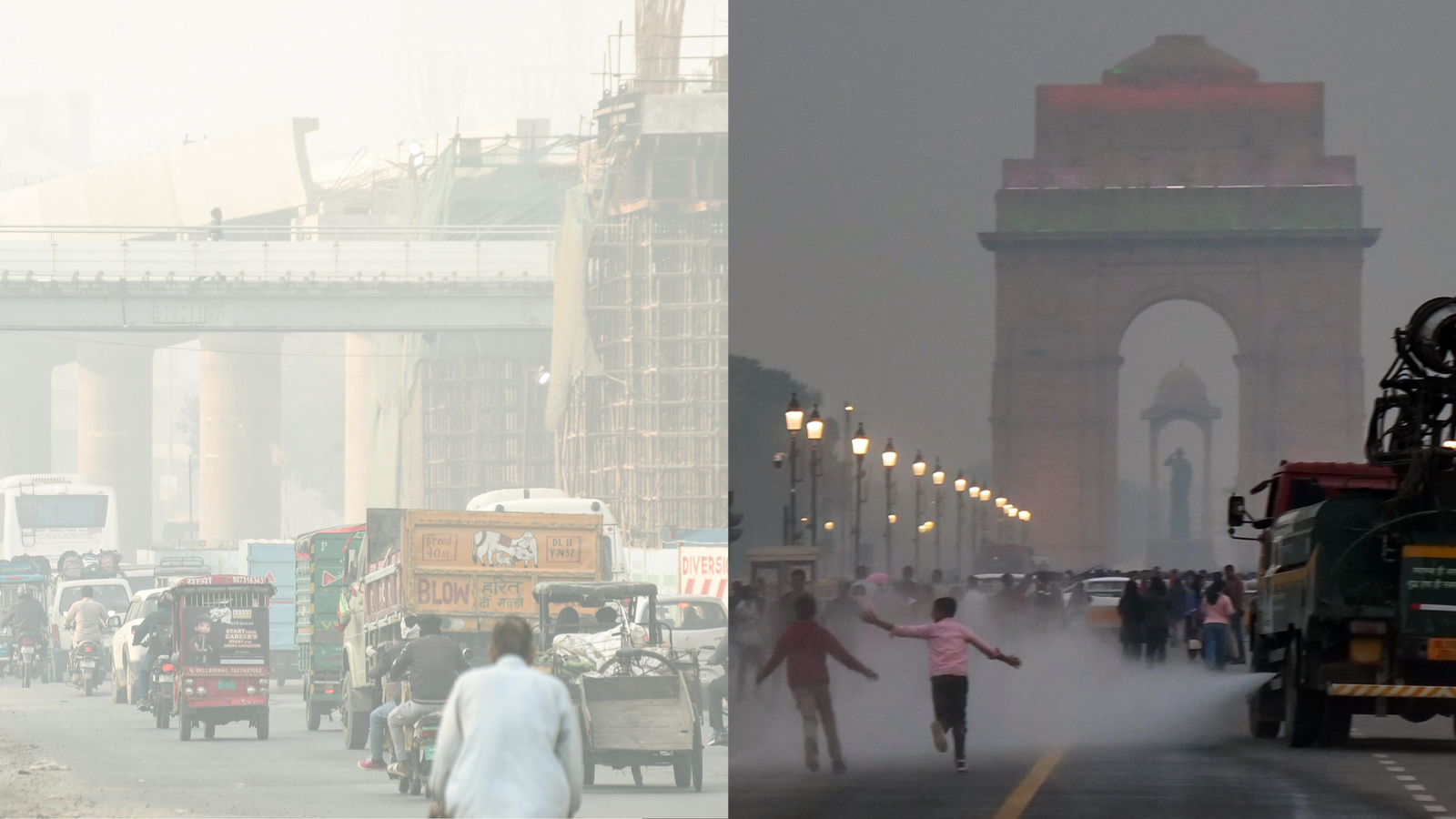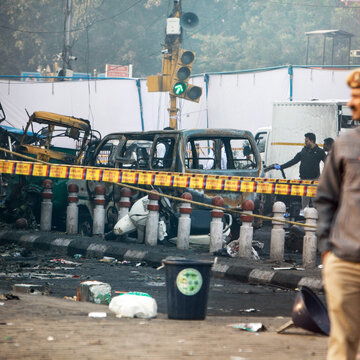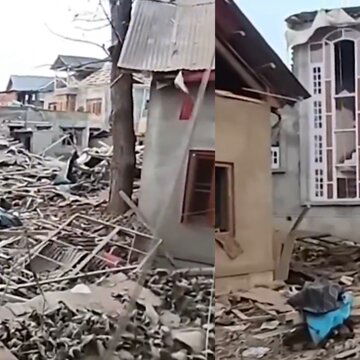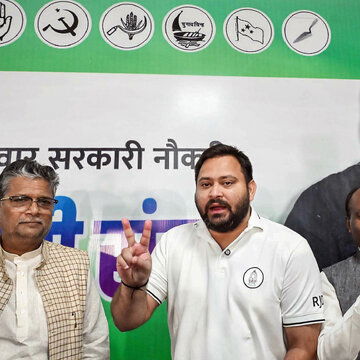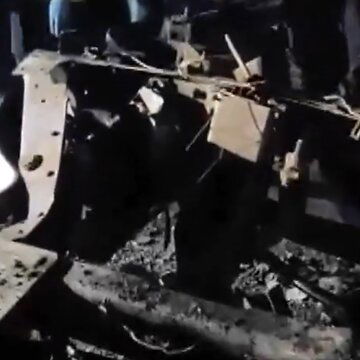Since Tuesday, amidst deteriorating air quality, authorities in Delhi have enforced Stage III of the Graded Response Action Plan with immediate effect. The move comes as the city’s overall Air Quality Index slipped into the ‘severe’ category for the first time this season, crossing the 400-mark.
Delhi’s average AQI leapt from 362 on Monday to 425 at 9 am on Tuesday, according to data from the Central Pollution Control Board. As per the CPCB’s Sameer app, 34 of the city’s 39 monitoring stations reported ‘severe’ levels at 7 am. Some of the areas worst hit included Bawana (462), Wazirpur (460), and Punjabi Bagh and Mundka (452).
AQI above 400 falls in the ‘severe’ category, indicating unhealthy air that may affect even apparently healthy people and create serious health impacts for individuals with respiratory disorders.
Also Read | ‘Bacche saans nahi lete kya?’: Delhiites stage massive clean air protest at India Gate, dozens detained
Key restrictions under GRAP-III
As per a report by the Hindustan Times, under Stage III, various pollution controls have been triggered to control emissions and dust.
Construction and demolition ban: Construction and demolition activities, except for essential work, have been banned. Excavation of the earth, piling, laying of sewer and water lines, and open trenching for electric cables are not allowed. The operation of RMC plants has also been stopped.
Vehicle curbs: In Delhi and its suburbs, including Gurugram, Faridabad, Ghaziabad and Noida, the government has banned BS-III petrol and BS-IV diesel four-wheelers. The government has also restricted the entry of diesel-run BS-IV medium goods vehicles and lower-category diesel light commercial vehicles registered outside Delhi, except those engaged in essential services or carrying essential goods.
Also Read | Mercury dips to 9.9°C in Delhi, marking season’s first cold wave
Schools and offices affected
As per the report by The Hindustan Times, the authorities have recommended the work-from-home or hybrid model for private companies to reduce vehicular emissions. Schools up to Class 5 have also been asked to remain closed while switching to online classes.
Essential work exemptions
These include critical public projects like metro, railway, airport, defence, and healthcare works, which are continuing but have to adhere to strict norms regarding dust and waste management.


